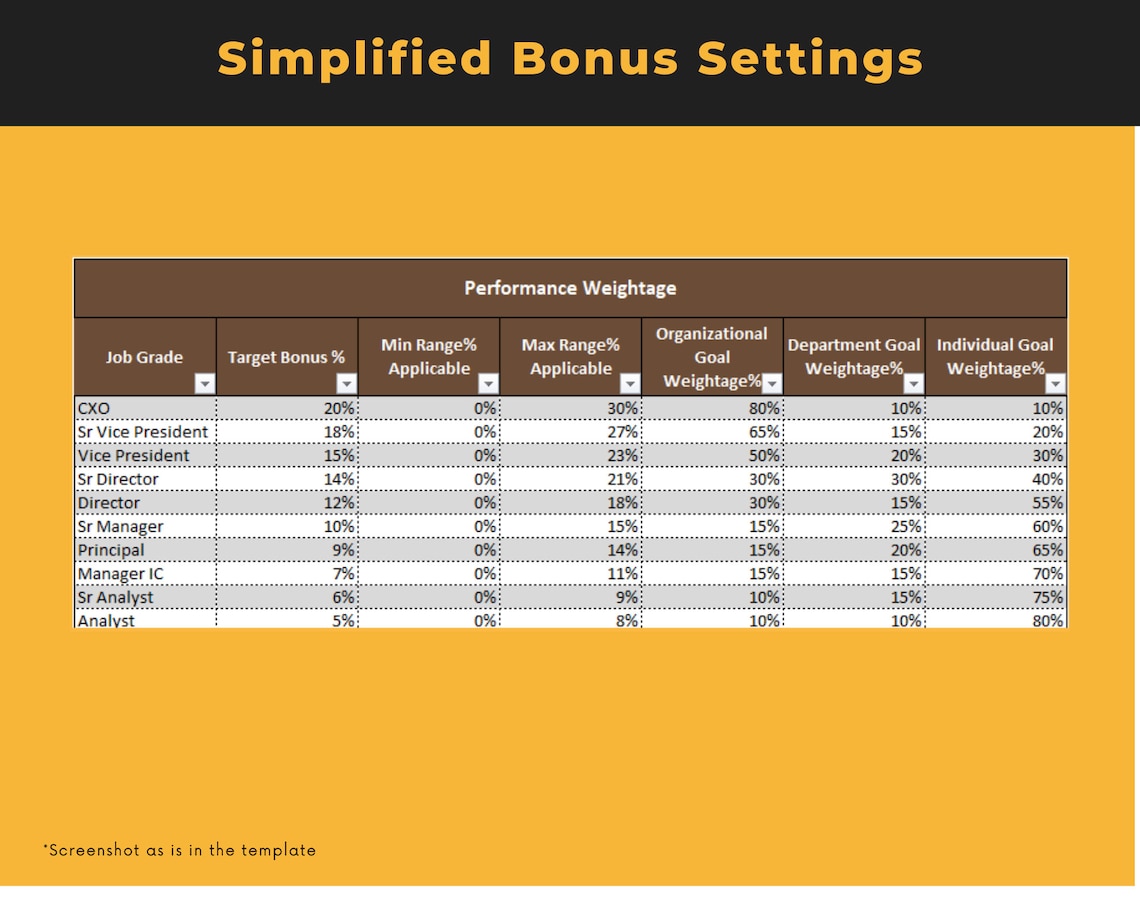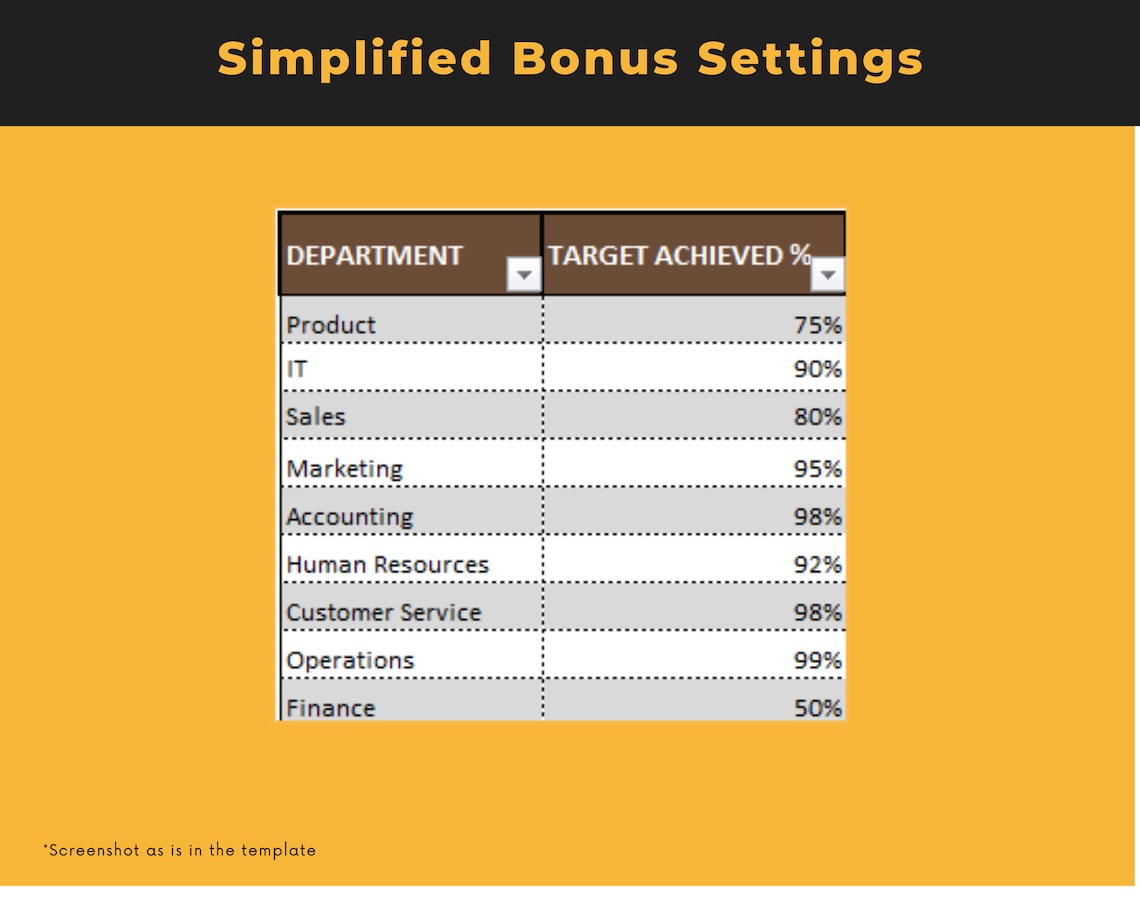Price:What ???
BANGSAWAN88 = The Latest Slot88 Login Link Site 2026
BANGSAWAN88 is the newest site offering high-quality, high-paying slot games, combined with accurate RTP. This site is poised to be the best in 2026.You can only make an offer when buying a single item
Highlights
JANGAN GITU YA BANG, DOSA AMBIL SCRIPT ORANG!!!
4.9 out of 5
(618 reviews)
All reviews are from verified buyers
Reviews for this shop
Situs bangsawan88 terbaik memang gacor parah.
Dengan modal 5ribu bisa wd 4.922.440.
Tidak pakai lama, wd langsung landing ke rekening










